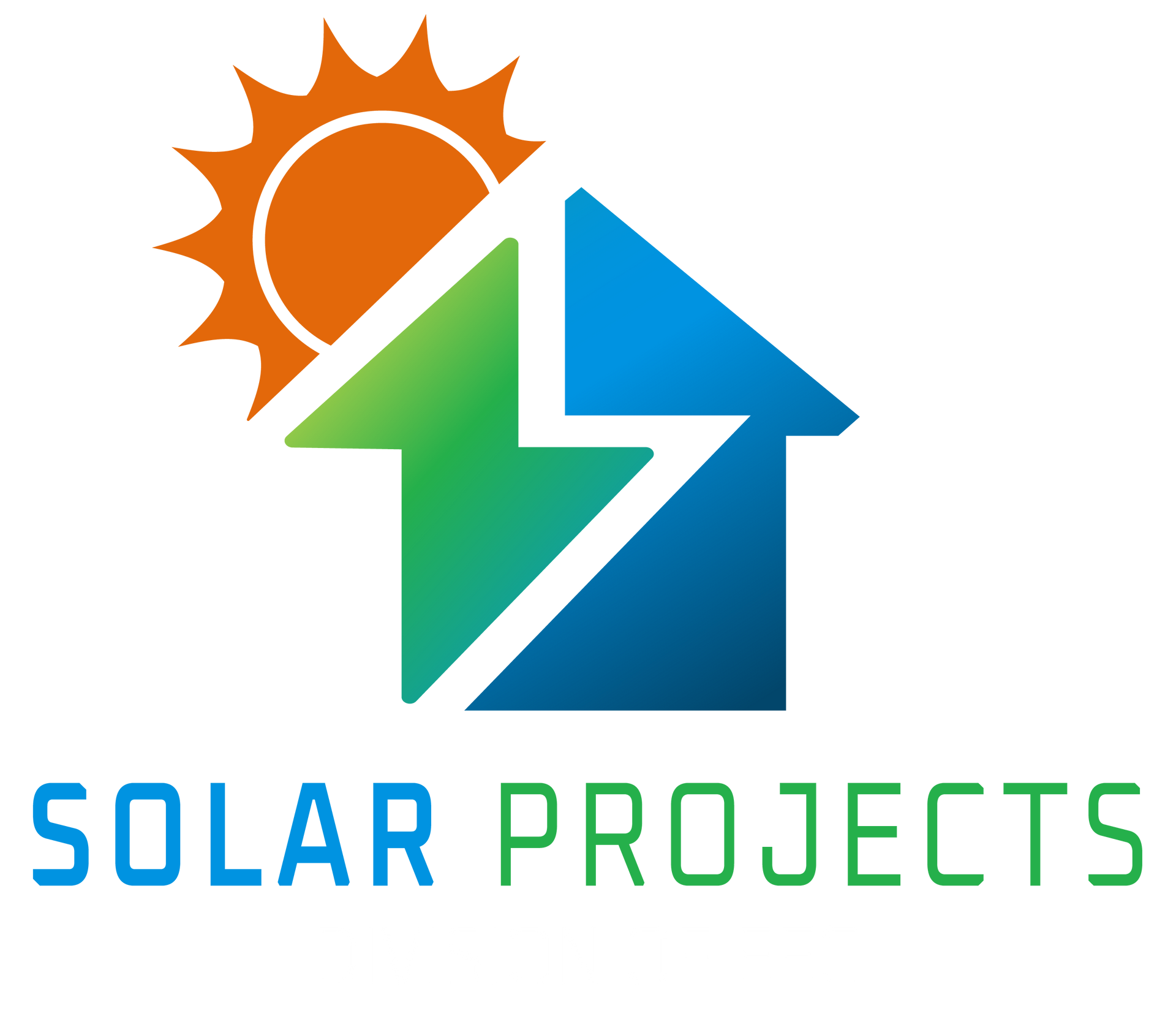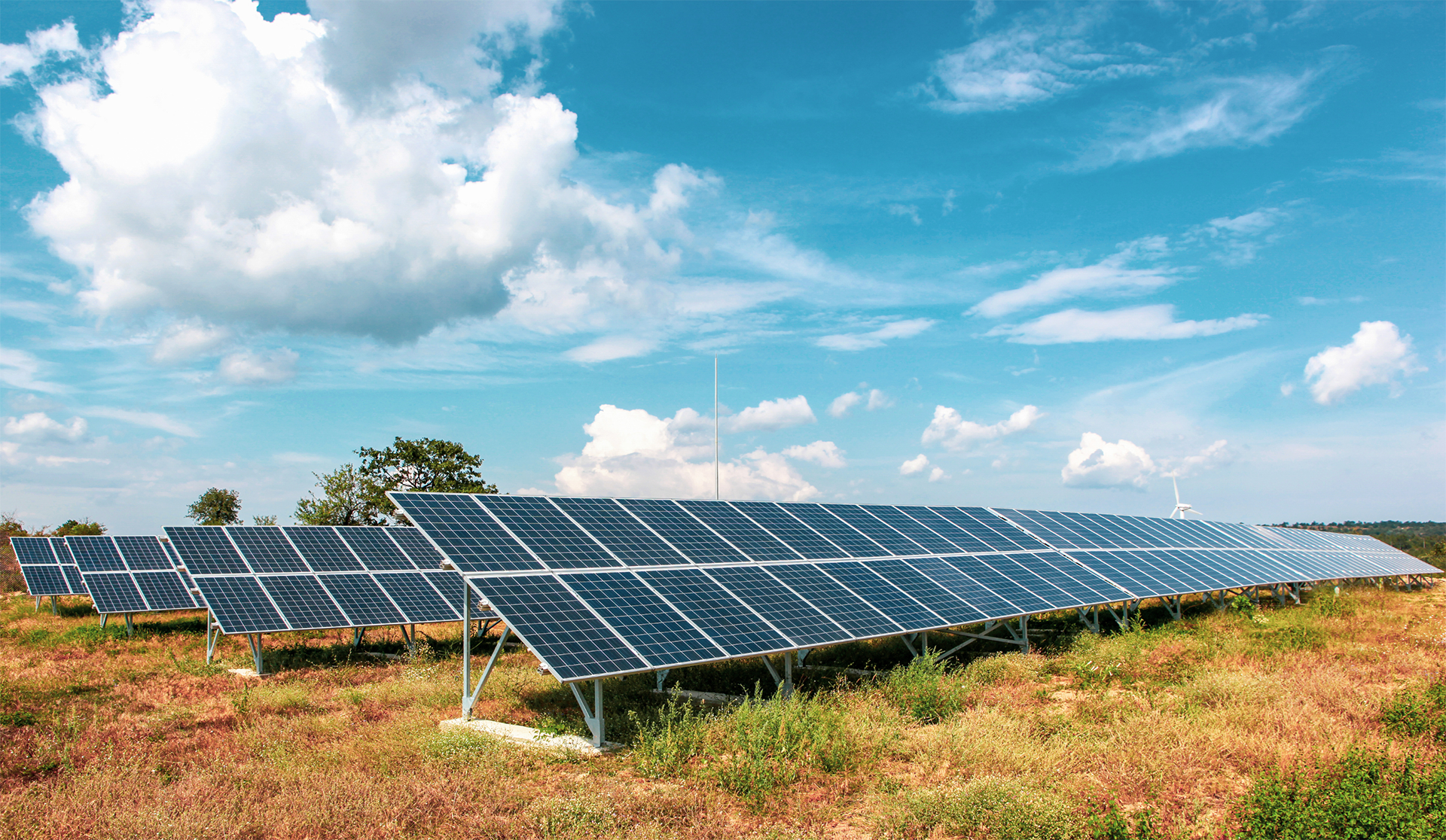Residential Adoption: Homeowners are turning to solar power to mitigate the effects of escalating electricity costs. Installing rooftop solar panels paired with battery systems ensures a consistent power supply and reduces dependence on the national grid. This shift is particularly appealing to those seeking to avoid the disruptions caused by load-shedding.
Commercial Investments: Businesses, especially those with high energy demands, are increasingly investing in large-scale solar installations. By doing so, they are not only cutting operational costs but also safeguarding their operations from grid instability. Solar energy offers a long-term solution to rising tariffs, allowing companies to channel savings into growth and innovation.




